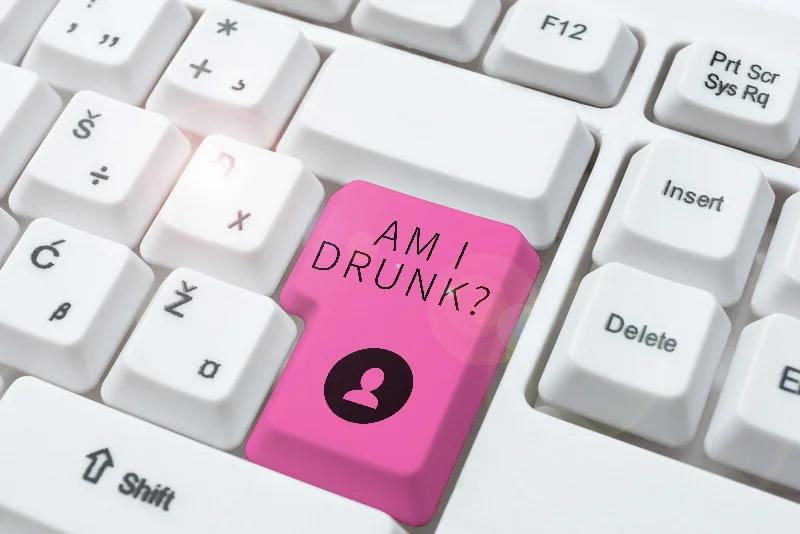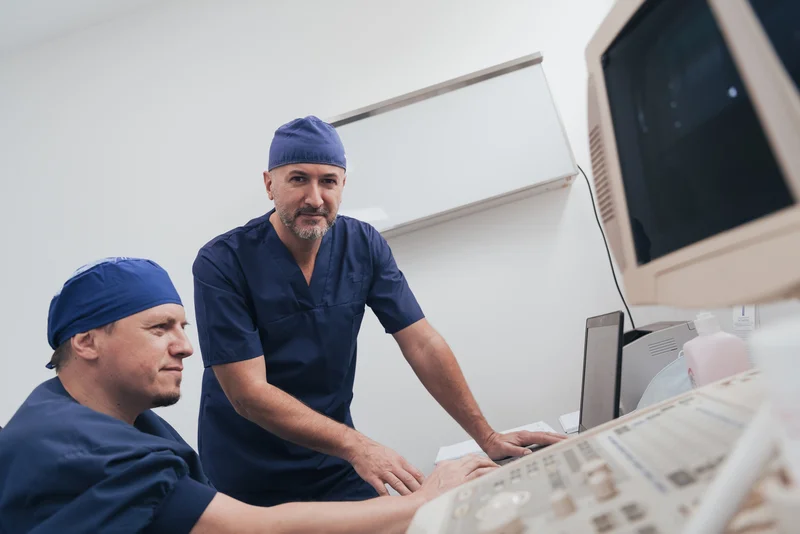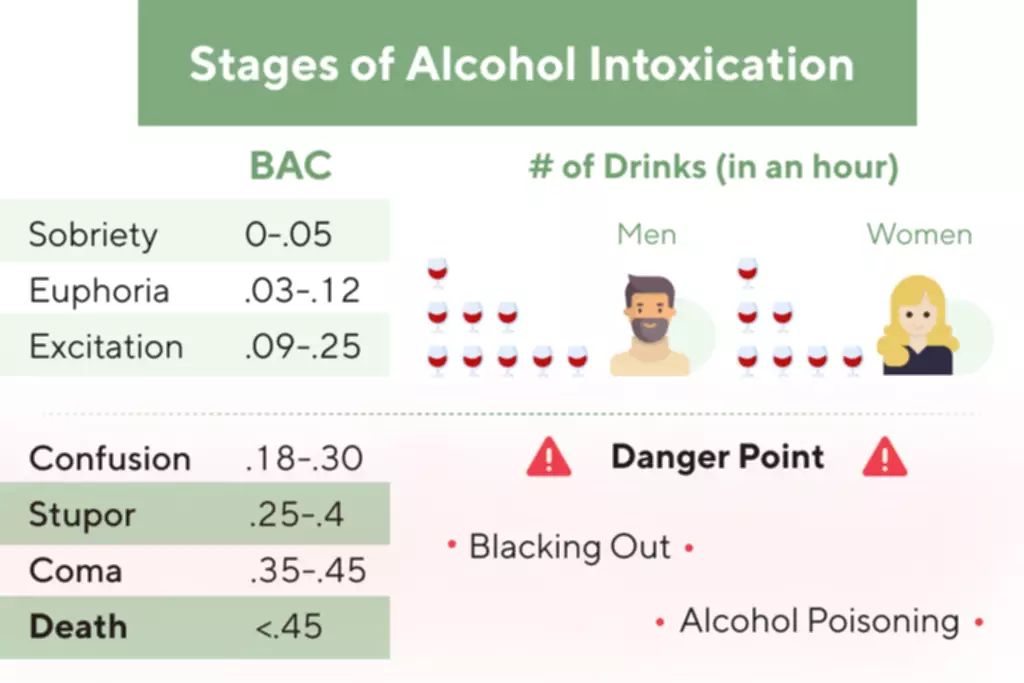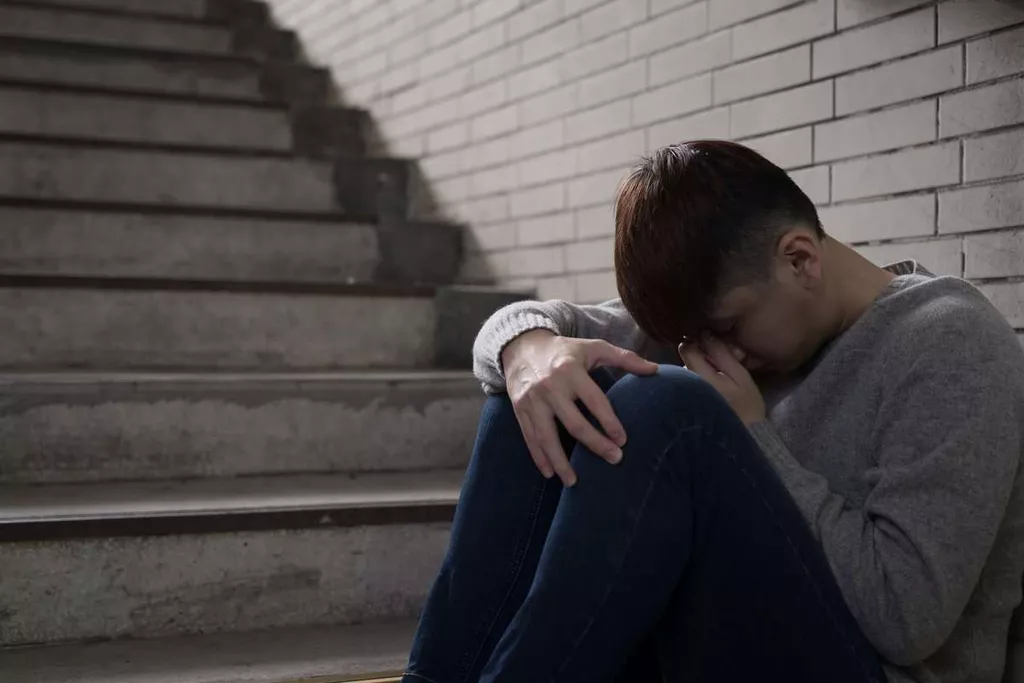
Recognizing you have a problem with drinking is the first step in your journey to a healthier, sober lifestyle. If you have tried quitting alcohol but experienced these uncomfortable symptoms, you may have had more alcohol to ease the discomfort. That can be a common reaction for someone drinking too much.
- Drinkchat is a free online chat service with trained advisors offering confidential advice.
- In addition to that, you need to know the warning signs of severe alcohol withdrawal so you can seek medical attention, should it come to that.
- Let’s get you even closer to finding new hope and life in sobriety.
- Before the top tips a few celebrities who have freed themselves from addiction with Allen Carr’s Easyway.
Celebrate Milestones on the Path to Sobriety

If you’re living with alcohol use disorder (also known as alcoholism), you’ll likely benefit from Sobriety additional medical interventions. There are withdrawal symptoms, environmental temptations, and outright stress. If you put down the bottle for 30 days, but you slip up and have a drink on day 31, this doesn’t undo the 30 days before. You learned something, made progress, and put yourself in a better position for success. If you’ve become dependent on alcohol, cutting it out of your life may produce withdrawal symptoms, such as a rapid heartbeat, high blood pressure, sweating and shaking. Psychological symptoms can include irritability, anxiety and restlessness.
Key Facts on Reducing Alcohol Consumption
Apps and online tools help individuals quit drinking by providing progress tracking, craving management, and peer support. Popular sobriety apps like I Am Sober, Sober Time, and Reframe offer daily motivation, milestone tracking, and habit-rewiring techniques. Online communities like Reddit’s r/stopdrinking, SMART Recovery, and In The Rooms provide 24/7 support and accountability. To maximize benefits, users should check in daily, engage in discussions, and combine multiple resources. Digital tools enhance sobriety by offering structure, encouragement, and a sense of community, making long-term recovery more achievable. You may need to stop drinking if alcohol affects your health, emotions, relationships, or responsibilities.

Don’t Give Up
- Avoid overly tempting places, especially those that are triggers for you.
- Information provided on Forbes Health is for educational purposes only.
- For severe withdrawal, inpatient detox programs provide 24/7 medical monitoring to manage symptoms safely.
- It’s important to know that if your body has developed a strong dependence on alcohol, trying to quit “cold turkey” can be hazardous to your health.
- Notably, the 20-minute rule can help build a healthier approach.
- Lastly, understanding personal triggers and planning how to avoid them can significantly enhance the chances of maintaining sobriety.
Let’s get you even closer to finding new hope and life in sobriety. Alcohol recovery is a process—one that often involves setbacks. A drinking relapse doesn’t mean you’re a failure or that you’ll never be able to reach your goal. Each drinking relapse is an opportunity to learn and recommit to sobriety, so you’ll be less likely to relapse in the future. Make meetings a priority – Join a recovery support group, such as Alcoholics Anonymous (AA), and attend meetings regularly. Spending time with people who understand exactly what you’re going through can be very healing.
- Learn how to knit, play an instrument, take a pottery class, or volunteer.
- If you’ve struggled to quit drinking or overcome alcoholism, you may require rehab.
- You must take firm steps and avoid negative influences to limit your drinking successfully.
- One of the hardest parts of sobriety is learning how to separate these things.
When combined with exercise, sleep, and a healthier diet, you will find that quitting alcohol is much more manageable than if you were to ignore these things. Again, you don’t have to implement radical changes to your diet while you try to quit drinking. It’s not uncommon to crave sugary snacks and fast food when you first quit drinking – your body is used to the quick dopamine fix alcohol once provided.
Know Your Reasons For Quitting

You tips to quit drinking have places, people, and events that are tied to drinking. Being around them could make it harder to stick to your plan. If that’s not possible, admit your desire to drink and don’t judge yourself for it. Call or text a friend and have your goals handy to remind yourself why you’ve dropped drinking.
- Your doctor may be able to prescribe medication that can help, or you can usually refer yourself to a specialist alcohol team for support.
- Their programs integrate behavioral therapies, holistic treatments, and relapse prevention strategies to address both the physical and emotional aspects of alcohol dependence.
- At the very least, you want to get your drinking habits and health under control.
- Quitting alcohol without addressing these issues can increase the risk of relapse or worsen psychological distress.
- Your liver can start to heal, your risks of heart disease and cancer go down, and you may begin to sleep better.
What to Expect During a Medical Detox Process

Stopping drinking, if you are dependent, can causes physical withdrawal symptoms like shaking, sweating or nausea. If you have these symptoms when you don’t drink, it could be dangerous to stop drinking too quickly without proper support. You can stop drinking alcohol fast by developing and maintaining a firm commitment to an alcohol-free life. Stopping alcohol will involve a plan with steps to keep you from drinking. Seek professional medical help if you find you cannot quit on your own.

These tips can help you get started on the road to recovery. These symptoms can happen even if you used to drink at relatively https://ecosoberhouse.com/ low levels, if you were drinking regularly. For most people they pass quite quickly, and are just a temporary blip before starting to feel the benefits of cutting out alcohol. But if you experience these symptoms for more than five days after stopping or find them particularly troublesome, your GP will be able to offer some advice. There are lots of reasons why you might want to stop drinking alcohol. For some people, it’s a lifestyle change – to say goodbye to hangovers, sleep better, lose excess weight and have more energy.
